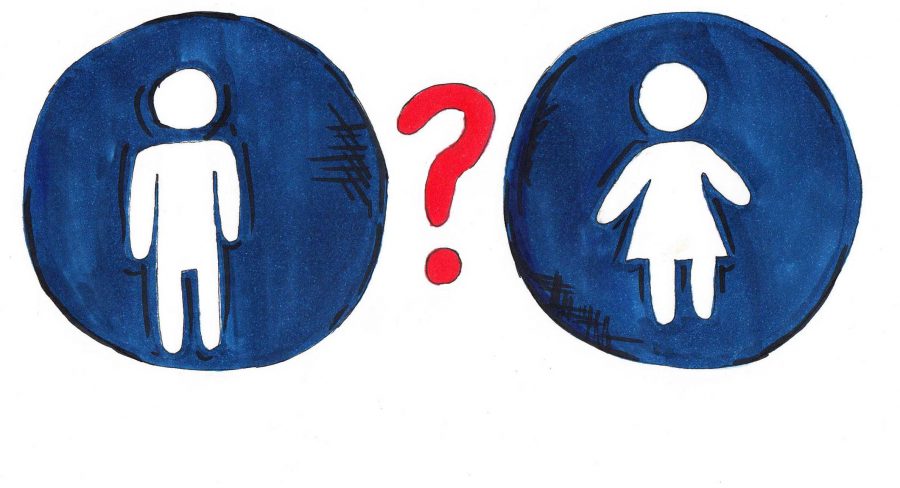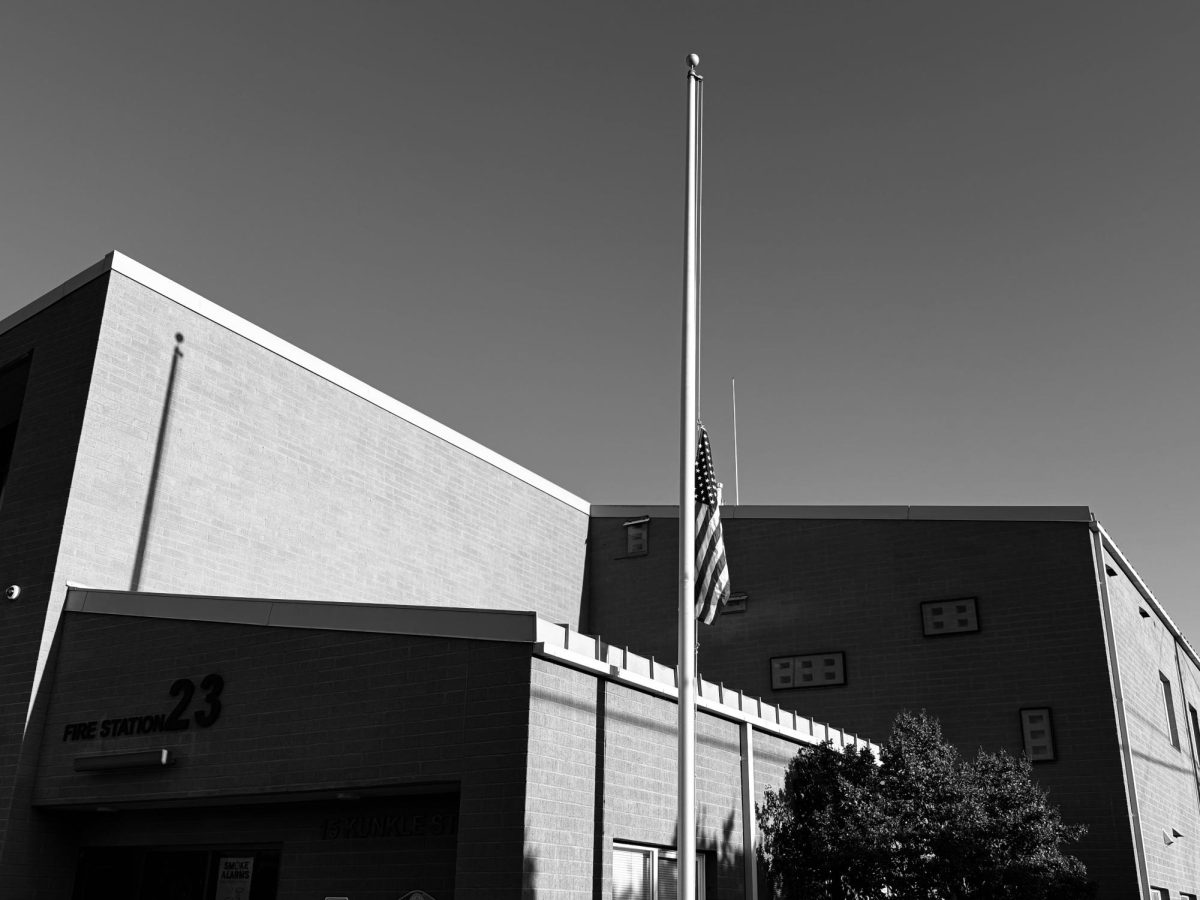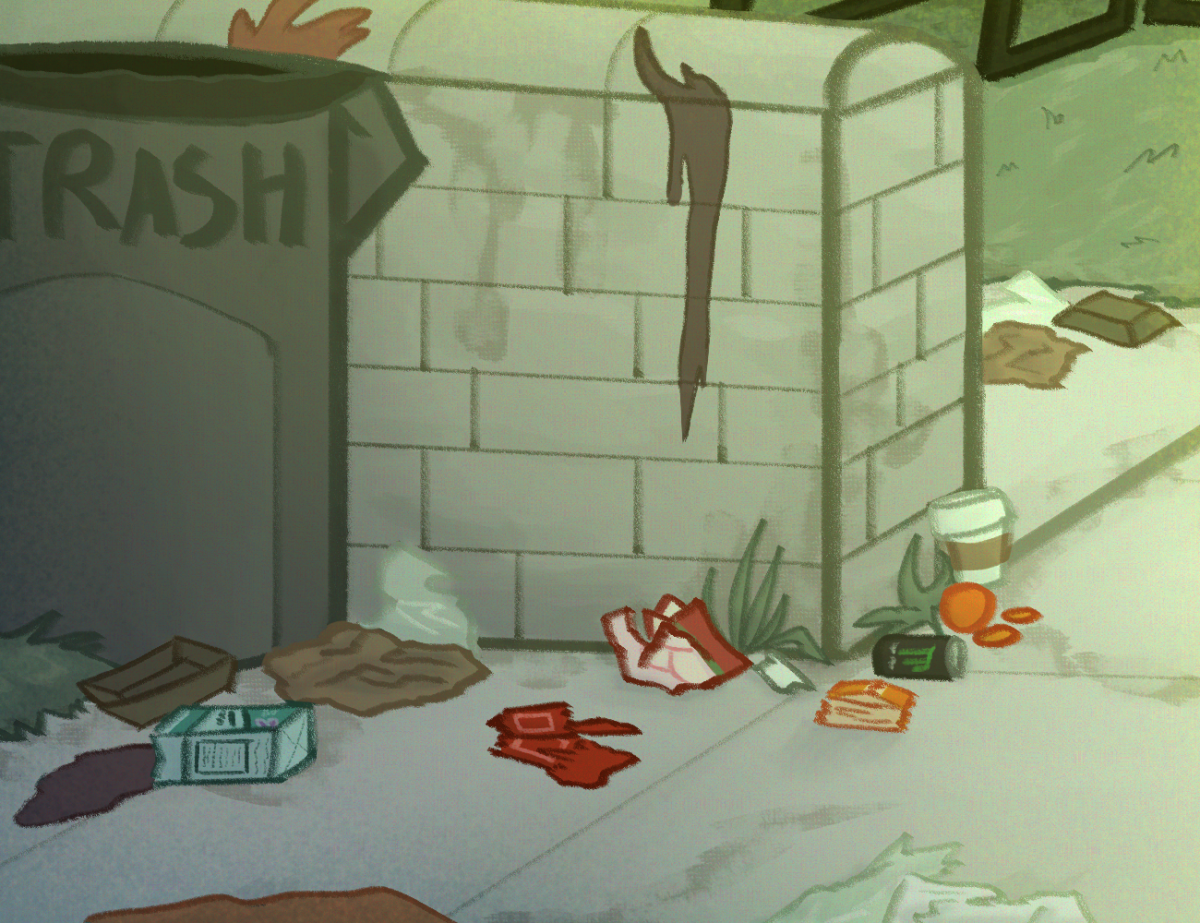It seems that in our world, if there is something new and different beginning to flourish, we try to guide it in the direction we want. It’s a form of control, but at least it’s still growing. This ideology has the LGBT community as its target.
The Supreme Court has made same-sex marriage legal in all states and LGBT individuals are being progressively accepted in society, as any American citizen should. However, such a controversial change is mysterious and alarming to many, so we have to try and find a way to integrate this change without decomposing what was before, such as transgender bathroom rights.
Wait… bathroom rights?
Well, the state of Carolina has proposed the Public Facilities Privacy and Security Act, or HB2, a bill that states that public bathrooms and changing rooms are restricted to people of that designated biological sex. While it seems like the same reasonable logic we have used for years, the key word “biological” excludes transgender persons who may prefer using facilities that fit their identity.
Therein lies the clash between expressing the rights that all Americans are entitled to, and security regarding sexual conflicts such as irreverent exposure or even potential molestation. Yet, it stands to reason that in this changing world, direct actions against a particular group should never stand as the solution to a problem.
That being said, the extreme opposite has a flaw that unfortunately takes advantage of the LGBT community: sexual predators. The primary concern of supporters for this bill are the safety for their children.
According to a CBS Minnesota report, mother Emily Zinos sees the ability to have the bathroom of choice as “a situation ripe for abuse by those who have the intention of harming children.” The irrefutable right to happiness for transgender individuals would be shamefully exploited by molesters.
After all, who is to say that a predator has to be of the opposite sex? A child should be cautious of any stranger no matter what; furthermore, their parents should properly teach them of these dangers. We’ve created strategies for this before – go with your parents, go with friends, but never go alone – so why does the added challenge send us into a frenzy? Yes, there is more potential for sexual crimes, but we can’t just shy away from change, we must adapt.
We also have to think of solutions that aren’t discriminatory towards the transgender community. An easy solution would be to have a form of legal registration that verifies the individual as transgender and legally obliged to any bathroom, but isn’t that labeling? It would require them to carry out some card and how exactly would a test like that go?
Those who chose to be transgender do so because it makes them happy, which is a new window for abuse from predators. And it isn’t as if two extra bathrooms could be added to public facilities: the cost would be astronomical for something that implicitly says, “you are different from us.”
Minneapolis resident Riah Roe stated to CBS that, “my kind of human does exist. I have the right to exist, to present as I wish, to be called what I like” and as citizens of our democratic society, we should uphold these rights because she, like many others, is a human.
Yes, this biased bathroom controversy is scary, especially when the safety of our children could be at stake, but this should never be used as an excuse to show prejudice toward transgender people. With the complication of this matter we shouldn’t, as this law does, exclude anyone. Instead, we need to work together with the ideas, concerns, and wishes of LGBT and straight communities, because the end decision will affect all of us.
Do you think that North Carolina's "biased bathroom" law should be abolished? Read more: https://t.co/5O9SY6d5x4
— The Foothill Dragon Press (@FTHSDragonPress) April 25, 2016
Background Photo Credit: Jessie Snyder / The Foothill Dragon Press














